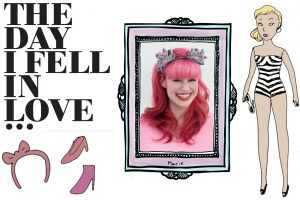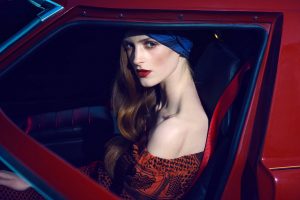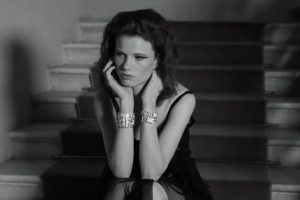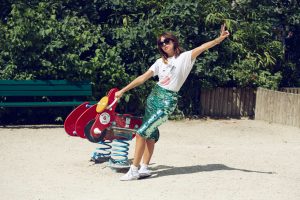Describe the Bourgine universe…
It’s maybe not an universe, more like a planet still being formed. I can say that I try to create chic but fanciful pieces, full of colour. I fall for refined materials and lots of prints, and I then settle on simple volumes. I’m slowly forming a small structure that means to stay that way, all the pieces are made between the rue Racine (in the 6th arrondissement of Paris) and Pantin (a town right on the outskirts of Western Paris), and I am close to my clients who I’ve been constantly in contact with for the last two years in my boutique/workshop. I’m proud of seducing girls whose qualities I covet: elegant but not “fashion-y”, discreet, well-read, curious. It’s cool.
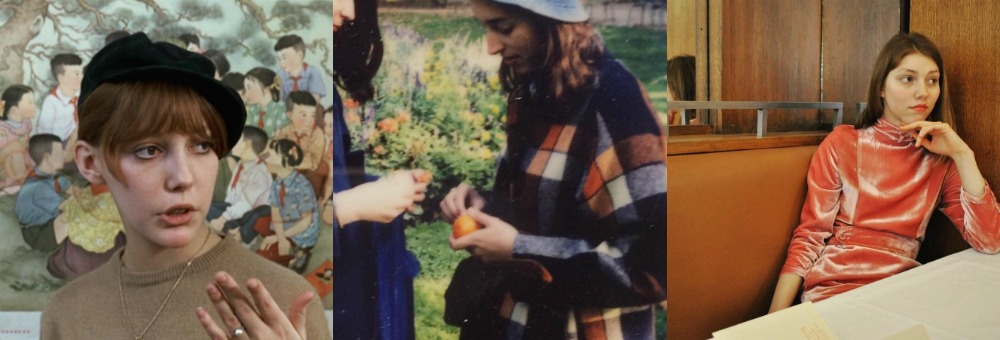
Instagram @_bourgine
The aesthetic of the brand seems to be centred around the celebration of the Parisian spirit – is that right?
I love my city, especially my area, my neighborhood, my cat – I am an unmoveable granny from the 6th arrondissement. I’m happy you can tell, but I’m not trying to make it into a marketing tool.
What’s your background? Are you originally from Paris?
I learnt to count at the ESCP business school, then to draw at the Studio Berçot. The middle ground was met at A.P.C., where I was trained in production and discovered how a business is run. I’ve been living in Paris since I was 15 years old, and from that age I’ve been its biggest fan – I don’t see myself living or working anywhere else.

Bourgine fall/winter 2016
What is style to you?
Style is about poetry, a moment where everything comes together. Clothes give the tone of that moment, coming to reinforce a posture, an attitude, a personality.
I love the “intellectual” aspect of your lookbooks – shot at the theatre, or heavily referencing the Nouvelle Vague. Is it important to you to create a visible link between fashion and culture?
With Catherine Peter, my photographer, we think of the collection photos as a photo-report, like snapshots revealing the life of the season’s character. So it’s pure logic for us to photograph our Maoïst revolutionary on the steps of the Odeon, catching her mid-speech even if that means her mouth is open or her eyes are shut, giving a less aesthetically pleasing result in the more traditional sense. It’s our way of telling the story behind the collection, and to translate in clothes and pictures a movement, an era that we find appealing.
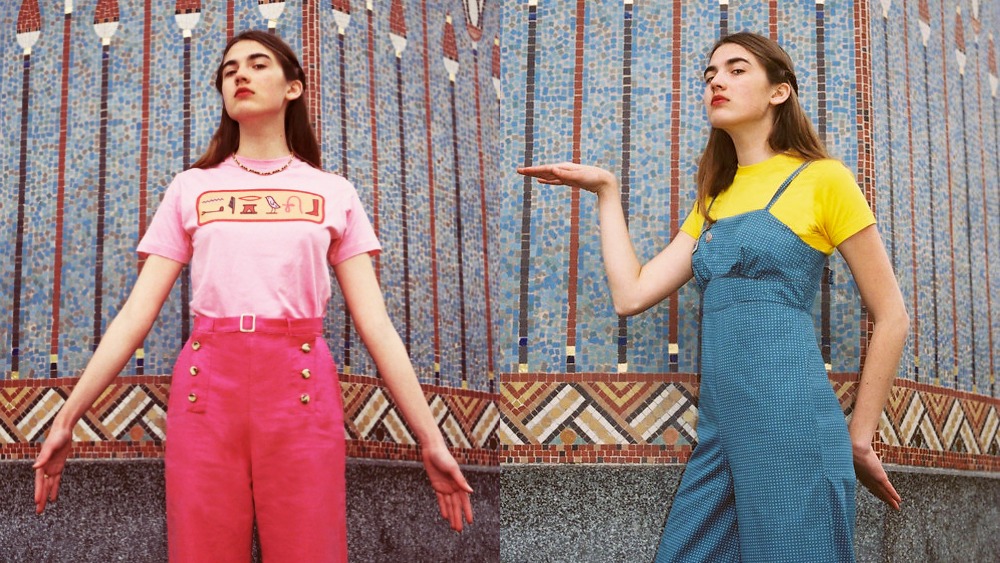
Bourgine spring/summer 2017
What are your inspirations? Does each collection have a muse?
The collections always stem from a artistic movement, put in relation to a decade or a historical era, around a key character that I set out to dress. Last winter it was Anne Wiazemsky in the film La Chinoise, this summer it’s peplum films and the portrayal of Ancient Egypt by Hollywood, namely Mankiewicz’s Cleopatra. Each season I try to create the wardrobe of a historical or fictional character that I like, so here it would be the wardrobe of a Cleopatra/Liz Taylor who is living incognito in 2017.
Your creations seem from a different era altogether. Are they nostalgic?
I don’t want to make clothes that you can date, but I have a real affection for the bold colours, dramatic volumes and whimsical details that we found “before” – which doesn’t really represent anything precise, but that you can research and then imagine freely.
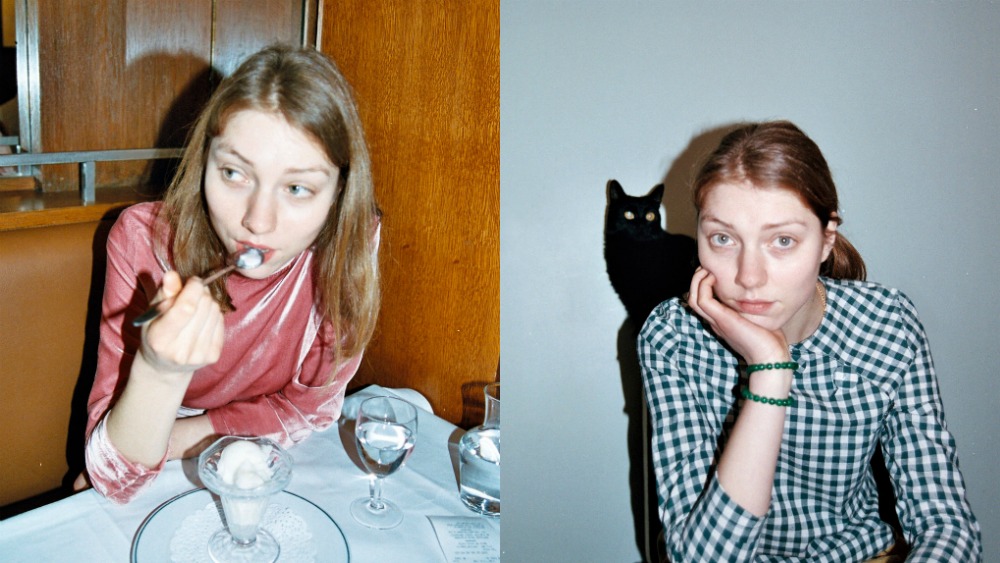
Bourgine fall/winter 2016
